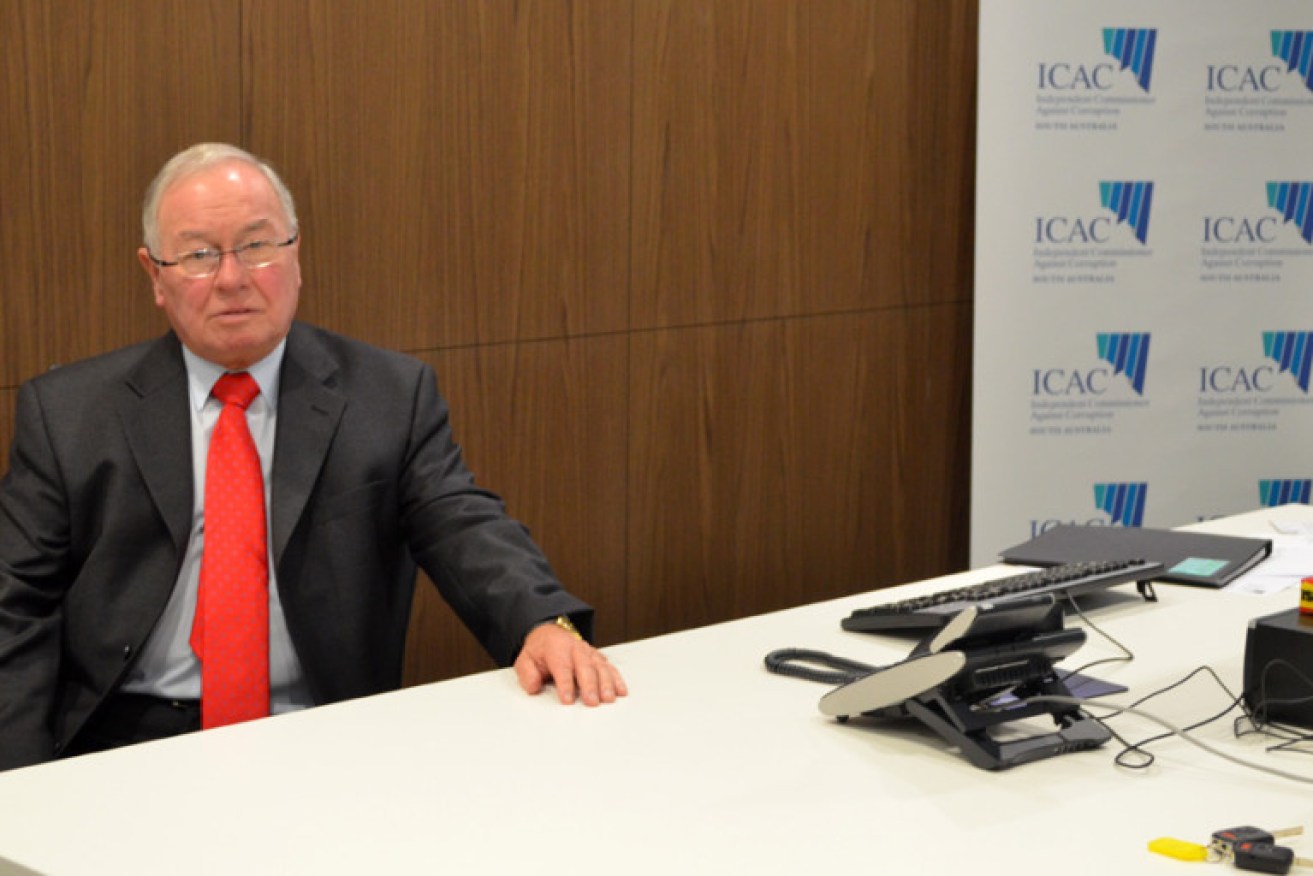ICAC secrecy too tight: anti-corruption boss


South Australia's Independent Commissioner Against Corruption Bruce Lander is being headhunted to lead an anti-corruption body for the Northern Territory.
South Australia’s Independent Commissioner Against Corruption, Bruce Lander, will recommend that the State Government loosen secrecy provisions in the ICAC Act.
Lander, the first commissioner overseeing the anti-corruption body which opened its doors in September, has also revealed that his office is investigating about 20 allegations of corruption, with a smaller number being jointly investigated by SA Police, or by the Police alone on referral from him.
He said there did not appear to be a pattern of institutionalised corruption in South Australia – rather, the evidence suggested individual cases of corruption.
“There’s no evidence of any systemic corruption,” Lander said.
“The evidence appears to show episodic corruption – one-off acts of corruption by public officers.”
Overall, his office has received 344 complaints of maladministration, misconduct or corruption.
He told InDaily this morning that the Act had been “overengineered in relation to keeping matters confidential” and he would be recommending changes to Attorney-General John Rau.
“It’s so tight that it makes it difficult for people to have appropriate conversations,” Lander said.
For example, a CEO of an organisation that refers a well-known allegation of corruption to the ICAC is prevented by the Act from telling his or her employees.
Lander said this could reduce confidence in the CEO and he had been granting authority, in individual cases, for agency leaders to be able to reveal this information to employees.
“In some cases it will be necessary for employees to be aware that a report has been made to the Office for Public Integrity (OPI, the ICAC shopfront),” Lander said.
He said the Act was so tight that even his own staff had to seek individual authority to communicate with people and agencies who had made complaints to the OPI.
“Complainants need to know” what has happened with their complaint, he said.
He said he would be making recommendations for change to the government “in due course” to free up the restrictions on reporting.
Lander also revealed details of the number and pattern of complaints that his office has received since it opened its doors on September 1.
There have been 344 complaints, including 194 from members of the public, 73 from public officers, and 77 from agencies such as the Ombudsman, Police Ombudsman, Commissioner for Public Sector Employment, and Government departments.
Of the 194 complaints from the public, the OPI decided to take no further action on 103 cases.
Of the 73 complaints from individual public officers, 10 were found to require no further action.
Of the 77 complaints from agencies, 16 required no further action.
In relation to corruption specifically – as opposed by maladministration or misconduct – Lander said more than 20 cases were being investigated by his office alone. A smaller, but unspecified number, were either being jointly investigated by ICAC and SAPOL, or by SAPOL alone.
No cases had yet been referred to the Director of Public Prosecutions.




